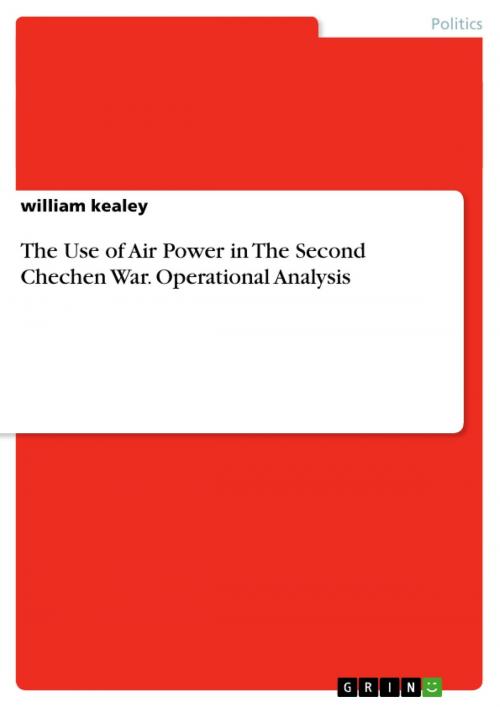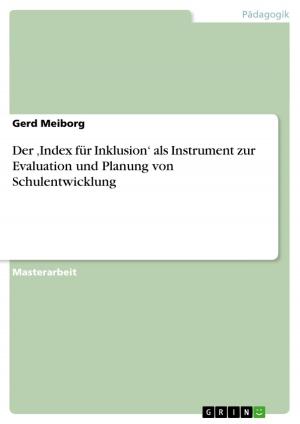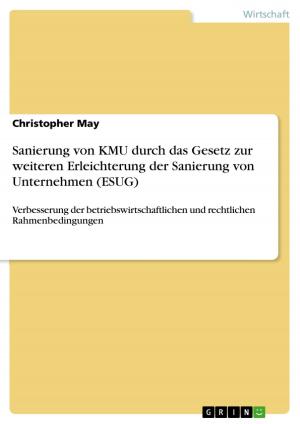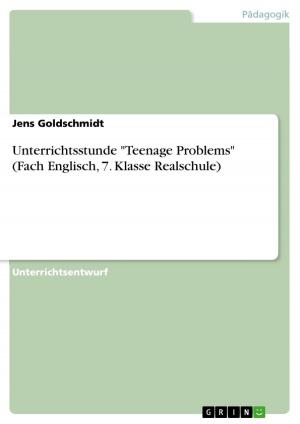The Use of Air Power in The Second Chechen War. Operational Analysis
Nonfiction, Social & Cultural Studies, Political Science, International, International Security| Author: | william kealey | ISBN: | 9783656588238 |
| Publisher: | GRIN Verlag | Publication: | February 5, 2014 |
| Imprint: | GRIN Verlag | Language: | English |
| Author: | william kealey |
| ISBN: | 9783656588238 |
| Publisher: | GRIN Verlag |
| Publication: | February 5, 2014 |
| Imprint: | GRIN Verlag |
| Language: | English |
Document from the year 2013 in the subject Politics - International Politics - Topic: Peace and Conflict Studies, Security, grade: 89.00, University of Nottingham, language: English, abstract: Since this document primarily focuses on the role of air power within the confines of the latter of the two conflicts, the analysis will be strictly related to just that as opposed to broader military operational analysis, only with occasional reference to the former conflict of 1994-1996. The role of Russian air power throughout the first conflict varies significantly when contrasted with that of the second. This, as will be discussed later, is primarily a result of the lessons learnt from the first conflict- which is generally conceded as a Russian operational failure since Chechnya still remained a de facto independent state following the declaration of the 'Khasavyurt Accords' resulting in a ceasefire in 1996. The second conflict on the other hand, can be considered, at least in operational terms, successful since Russia restored federal control of the territory. Defence cuts and structural problems within the Russian air force attributed to a defeat in the first conflict and a 'humiliating victory' (Haas, D.M: 2004; 1-18) in the second. Although the air force was not the only branch of the Russian military that faced defence cuts, it was perhaps arguably the most strategically indispensible in a conflict which had been suggested by the then Russian Defence Minister Pavel Grachev, as an opportunity to exhibit Russia's rapid deployment capabilities. The conclusions of both conflicts are a result of the Russian air force not being utilised effectively- or rather unable to be utilised to the extent required within a theatre of war constituted by counter insurgency combat. Nevertheless, Russian air power was used extensively and considered to be paramount in strategic discourse throughout both conflicts (Malek. M: 2009; 8-12)
Document from the year 2013 in the subject Politics - International Politics - Topic: Peace and Conflict Studies, Security, grade: 89.00, University of Nottingham, language: English, abstract: Since this document primarily focuses on the role of air power within the confines of the latter of the two conflicts, the analysis will be strictly related to just that as opposed to broader military operational analysis, only with occasional reference to the former conflict of 1994-1996. The role of Russian air power throughout the first conflict varies significantly when contrasted with that of the second. This, as will be discussed later, is primarily a result of the lessons learnt from the first conflict- which is generally conceded as a Russian operational failure since Chechnya still remained a de facto independent state following the declaration of the 'Khasavyurt Accords' resulting in a ceasefire in 1996. The second conflict on the other hand, can be considered, at least in operational terms, successful since Russia restored federal control of the territory. Defence cuts and structural problems within the Russian air force attributed to a defeat in the first conflict and a 'humiliating victory' (Haas, D.M: 2004; 1-18) in the second. Although the air force was not the only branch of the Russian military that faced defence cuts, it was perhaps arguably the most strategically indispensible in a conflict which had been suggested by the then Russian Defence Minister Pavel Grachev, as an opportunity to exhibit Russia's rapid deployment capabilities. The conclusions of both conflicts are a result of the Russian air force not being utilised effectively- or rather unable to be utilised to the extent required within a theatre of war constituted by counter insurgency combat. Nevertheless, Russian air power was used extensively and considered to be paramount in strategic discourse throughout both conflicts (Malek. M: 2009; 8-12)















